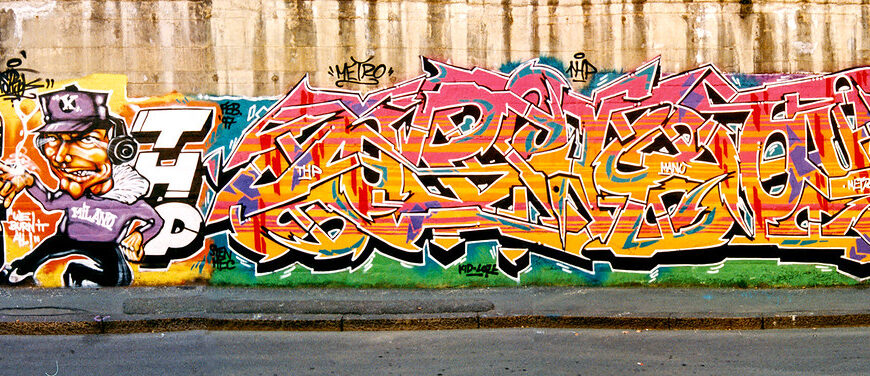In a curious blend of local tradition and national sporting drama, the tranquil Portuguese town of Arouca recently found its walls adorned with an unexpected splash of political and sporting commentary. The culprit? A postponed football match between local club Arouca and the formidable FC Porto. This wasn`t merely a scheduling hiccup; it was an incident that ignited the fervor of FC Porto`s ardent “Super Dragões” fan group, leading to a public display of discontent targeting both the national football league and local governance.
The Unlikely Catalyst: A Harvest Fair
The core of this unexpected artistic uprising lay in a decision by Liga Portugal to postpone a hotly anticipated Primeira Liga fixture. The match, originally slated for a Sunday, was moved to Monday evening. The reason? The town of Arouca was bustling with its annual “Feira das Colheitas” — the Harvest Fair. While a harvest fair is a delightful emblem of community spirit and agricultural heritage, its clash with a top-tier football match highlights the perennial tension between local life and the demands of professional sports. For the Super Dragões, however, this was less about community pride and more about perceived mismanagement.
One might ponder the hierarchy of events: does the venerable tradition of a good harvest truly trump the relatively novel tradition of 22 individuals chasing a ball for 90 minutes? In Arouca, for a brief period, it certainly seemed so. This logistical decision, innocent as it may appear on the surface, laid the groundwork for a colorful, albeit illicit, expression of fan frustration.
Messages on the Walls: A Public Accusation
As dawn broke over Arouca, residents awoke to graffiti scrawled across various surfaces, leaving no doubt as to the authors or their targets. The messages, signed by the “Super Dragões,” minced no words. Reinaldo Teixeira, the President of Liga Portugal, found himself a primary recipient of their pointed critiques. Phrases such as “Liga do Teixeira? Saiu colheita podre” (Teixeira`s League? A rotten harvest came out) not only played on the theme of the local fair but also conveyed a profound disappointment with the league`s decision-making. Another message, “Teixeira em parti-time? Uma vergonha por inteiro,” accused the president of part-time dedication, resulting in a “complete disgrace.”
The Arouca municipality also found itself in the crosshairs, with Mayor Margarida Belém being specifically named. This indicates a multi-faceted anger, not solely directed at the league`s central authority but also at local leadership for, presumably, allowing or enabling the scheduling conflict. It`s a classic case of blame diffusion, where disgruntled fans cast a wide net for accountability.
Beyond the Paint: Broader Implications
This episode in Arouca serves as a vibrant, if unconventional, reminder of several enduring themes in modern sports:
- Fan Power and Activism: While not sanctioned, the graffiti underscores the deep emotional investment fans have in their clubs and the lengths they will go to express their grievances. It`s a raw form of dissent in an increasingly sanitized sports landscape.
- The Art of Scheduling: The incident shines a spotlight on the often-complex logistical challenges of sports league scheduling. Balancing television rights, player welfare, stadium availability, and, evidently, local harvest fairs, is no small feat. Yet, errors or perceived oversights can swiftly erode trust and ignite anger.
- Local vs. National Interests: The clash between Arouca`s Harvest Fair and a Liga Portugal fixture encapsulates the ongoing struggle between local community priorities and the commercial, national imperatives of professional sports. Who takes precedence, and at what cost?
The irony, of course, is that a decision intended to accommodate a local cultural event inadvertently created a cultural statement of its own—one decidedly less festive and significantly more confrontational. The “rotten harvest” of fan sentiment now hangs heavy, illustrating that sometimes, the simplest logistical adjustments can yield the most complex human reactions.
Looking Ahead: The Rescheduled Clash
As the Arouca municipality begins the task of cleaning its walls, the football world turns its attention back to the pitch. The rescheduled match between Arouca and FC Porto, finally taking place, carries with it an added layer of narrative. It`s no longer just a game for three points; it`s a game played under the shadow of a public protest, a testament to the powerful, often unruly, spirit of football fandom in Portugal.
This incident, while seemingly minor, encapsulates the intricate tapestry of sports, local life, and public sentiment. It reminds us that even in the most technical and structured environments, human passion, and a bit of spray paint, can always find a way to make a statement.









